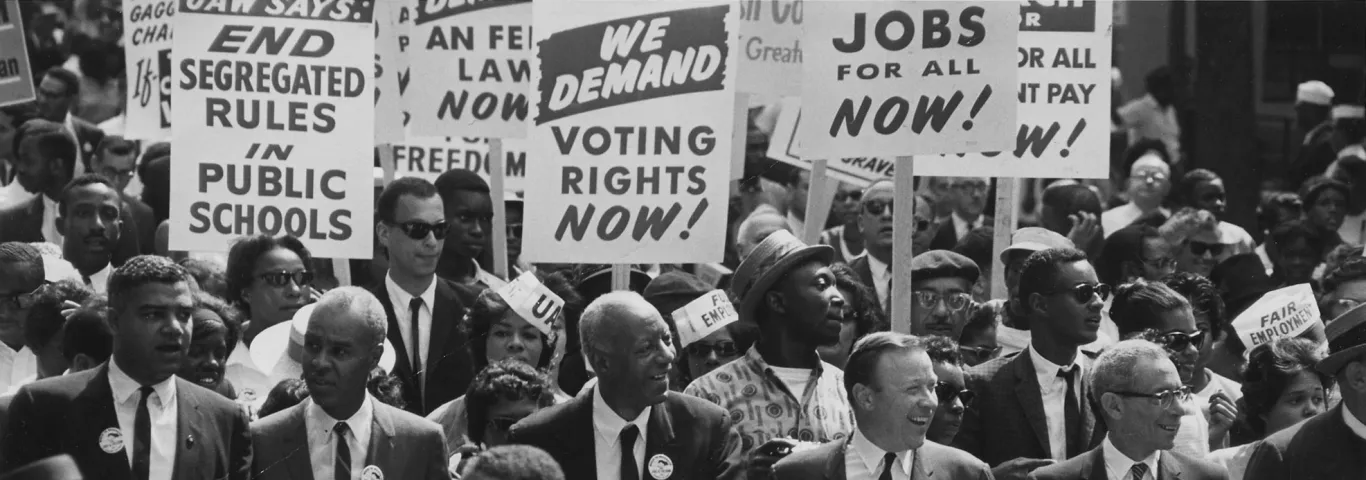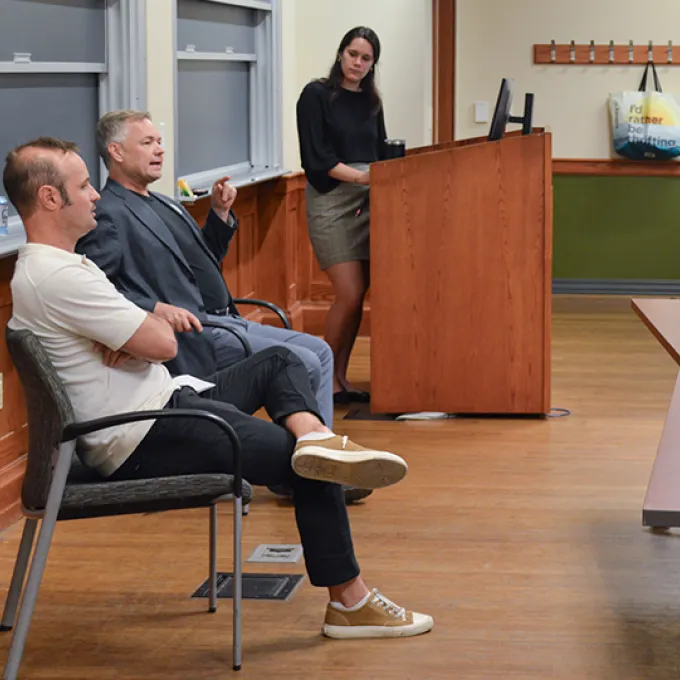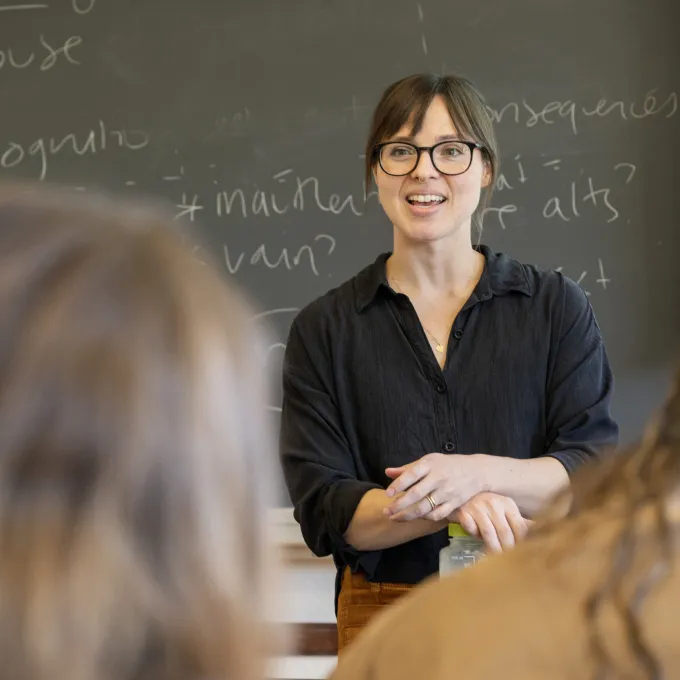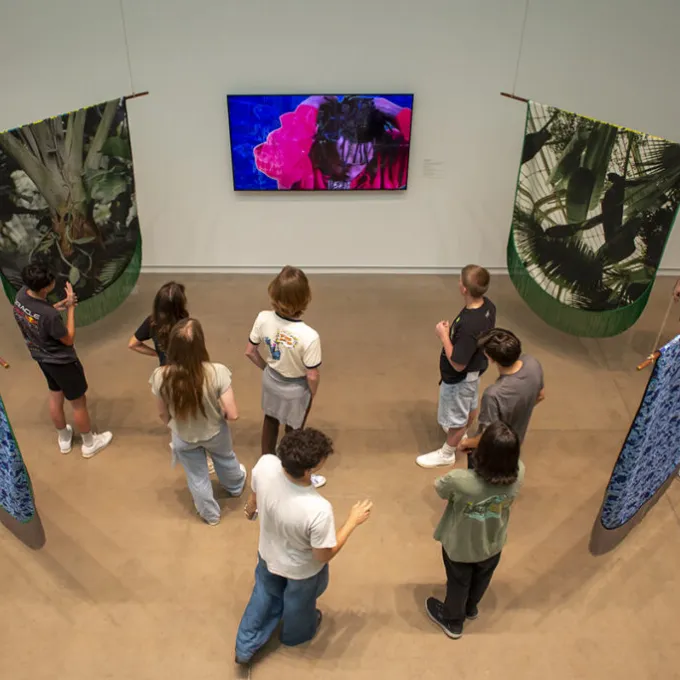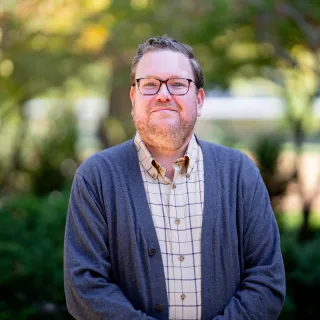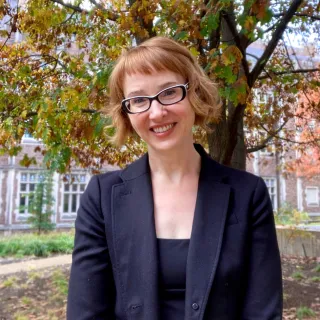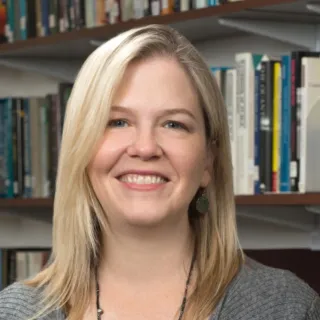The Civil Society Initiative at Washington University in St. Louis promotes responsible democratic citizenship — which crucially includes the ability to reason about value questions and to engage with moral and political disagreement — by supporting research, teaching, and public engagement. Universities have traditionally sought to educate their students for citizenship, but this mission is frustrated by skepticism about reasonable pluralism and by threats to academic freedom and free speech. Our project seeks to train members of our community to think rigorously about value questions and to create spaces for free and open political debate, as a complement to political action and civic engagement. We aim both to understand the nature of responsible democratic citizenship by asking theoretical questions in political theory, social epistemology, and moral psychology and to support the practices of responsible democratic citizenship in our community.
For more information, contact the Director of the Civil Society Initiative, Allan Hazlett.
Please join our mailing list!
The Civil Society Initiative is a collaboration of the Departments of Philosophy and Political Science and is supported by the Frick Initiative and the Weidenbaum Center on the Economy, Government, and Public Policy.
